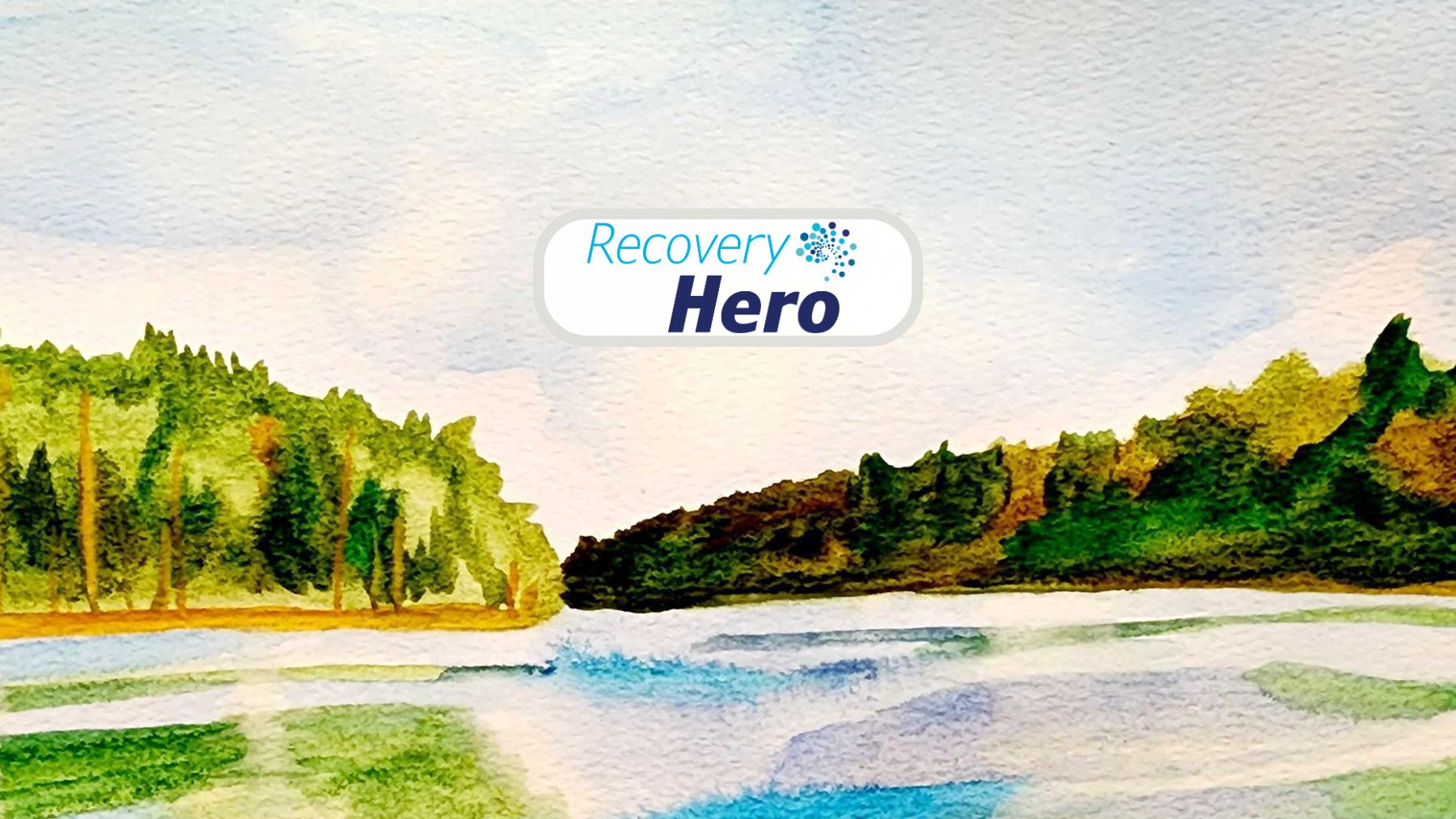
Four years ago, when the pandemic lockdowns set in, drug and alcohol use spiked across the country. Many individuals already regularly using drugs and alcohol increased their consumption as weeks of social isolation became months and, ultimately, years. However, for Mary, the pandemic prompted a different kind of change. She used the break from social interaction as an opportunity for introspection and a chance to reset to a future without alcohol.
With a lot of hard work, dedication, and inspiration along the way, Mary now lives the alcohol-free life she envisioned for herself. As a peer-engagement specialist for CHESS Health, she helps others on the recovery journey. To us, Mary and our team of peer-engagement specialists are Recovery Heroes for two reasons. First, they take on the challenge of their own recovery, and second, they use their life experiences and unique perspectives to assist others with theirs.
Ultimately, it dulls everything, and then you feel more and more removed from what’s authentic to you and who you are at your core.
Mary clearly remembers looking for sources of inspiration when she was heading down her path to recovery four years ago. No big event pushed her toward change; it was more about looking inward during that quiet time in the pandemic. “I wasn’t going to be able to get to where I wanted to go if alcohol was still in my life,” Mary said. “There were a lot of things that weren’t feeling in alignment, and I just kept hearing the little voice saying, ‘alcohol isn’t helping.’ … Ultimately, it dulls everything, and then you feel more and more removed from what’s authentic to you and who you are at your core.”
Early in her recovery journey, Mary found ideas and inspiration in the books of a handful of authors, which helped her realize that setting firm boundaries around drinking to stave off social pressure was critical. “A lot of people, we kind of shape-shift or people-please or we feel we have to justify why we’re not drinking, but when you set boundaries, and you practice them, you can say ‘I don’t care what you think if I’m not drinking,’ and it’s a non-issue,” she said.
The first author to grab Mary’s attention was Annie Grace, whose book “This Naked Mind” randomly appeared in her Instagram feed at the moment she needed it. The clear and practical way the author framed the pull toward alcohol use and exposed the marketing surrounding it gave her a real “aha” moment. “Of course, people become addicted to this, and of course, people think they need it!” she said. “The way she explained it didn’t make you feel full of shame or like there’s something wrong with you.”
Laura McKowen’s book, “We Are the Luckiest: The Surprising Magic of a Sober Life,” also spoke to her and got her thinking about reconnecting to her core values and, ultimately, her bigger purpose. “When alcohol was more a part of my life, it was like I was very disconnected from the things that really mattered to me,” Mary said. She realized she missed creativity and making art, which she had always loved but lost along the way.
Art brings joy
Re-engaging her artistic side brought her joy, as did reconnecting to her sense of humor and the power of imagination. Mary’s core mantra became “light, love, and levity,” with a conscious move away from judgment and labels for herself and others. Today, Mary uses the whole toolkit she developed in her work as a peer engagement specialist, allowing her to align her work with her values. She loves the diversity of the groups she encounters in CHESS Health’s Connections app and the wide variety of meetings available to individuals. Mary leads virtual meetings within the app that focus on art and movement, like yoga and tai chi, and she encourages the people she interacts with to seek out experiences in nature — she’s a big fan of trees, in particular — and to let themselves feel how interconnected we are to the natural world.
“I get so much fulfillment when people come and share. My No. 1 favorite thing is when someone says, ‘I saw this tree and thought of you,’” she said with a laugh.
Mary aims to surround people with warmth, support, and nurturing on their recovery journeys. Especially when people are starting out, she encourages them to listen to and trust that little inner voice, just as she did years ago. She stresses the importance of self-care and self-kindness along the way, understanding that these are crucial elements in the journey. “What’s that loving path forward?” she said. “Get curious about what support looks like for you. Maybe it’s family, maybe it’s not. It’s really helpful; it will help you get clear with yourself.”
Get curious about what support looks like for you. Maybe it’s family, maybe it’s not. It’s really helpful; it will help you get clear with yourself.
Mary
And she loves the spontaneous moments when people in recovery come together to discover that there is common ground despite their dramatically different backgrounds. “What’s so cool is finding that you don’t have to share the same story, but you can see yourself in that or understand where someone is coming from.”
Mary epitomizes what it means to be a Recovery Hero; she has faced her challenges head-on while also using her experiences to uplift and empower those around her. Her commitment to nurturing the well-being of others, combined with her dedication to authenticity and self-care, exemplifies the profound impact one person can have in the recovery landscape.
